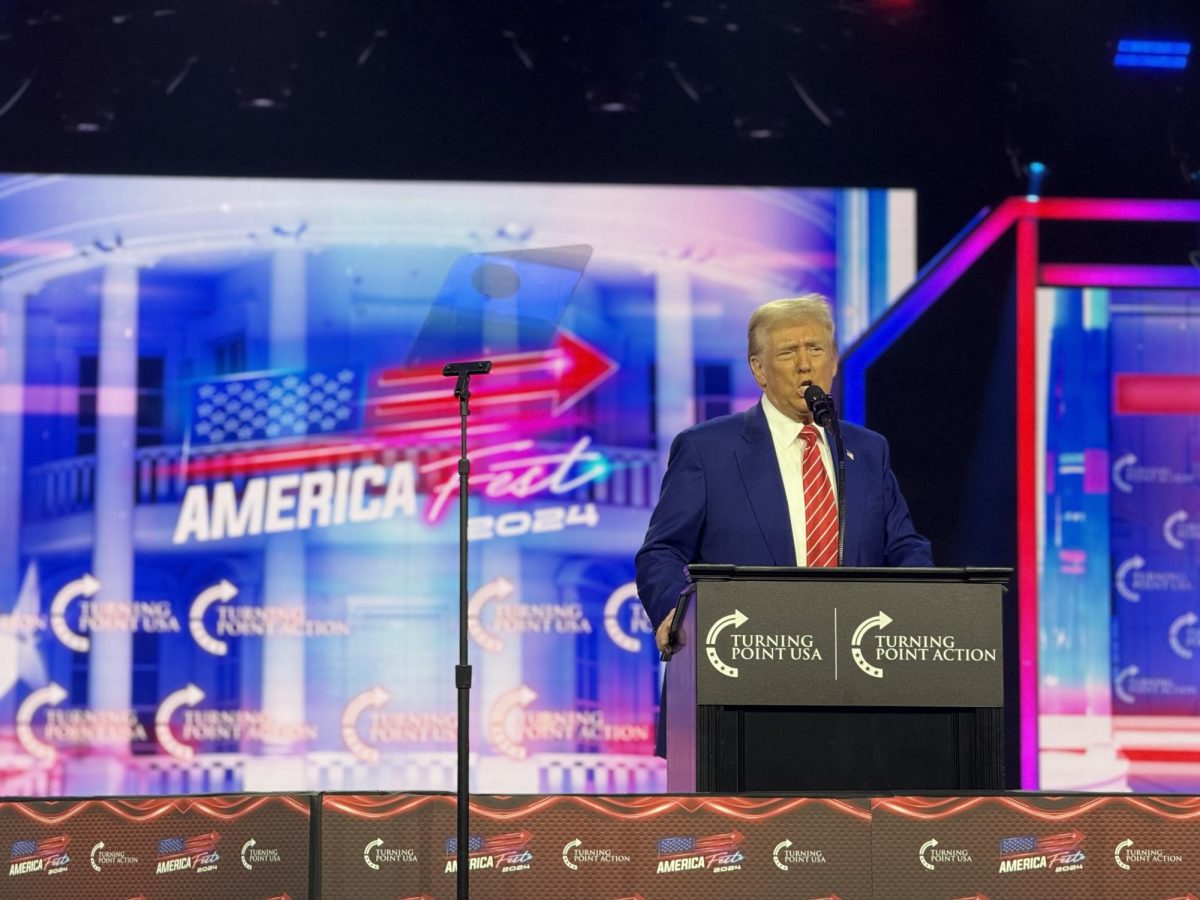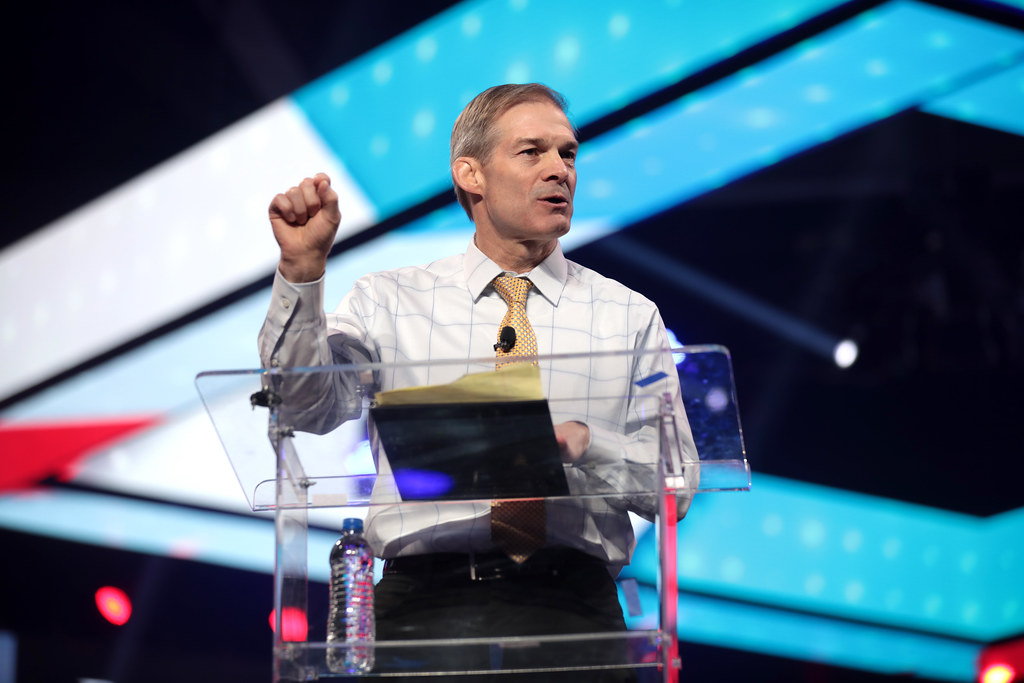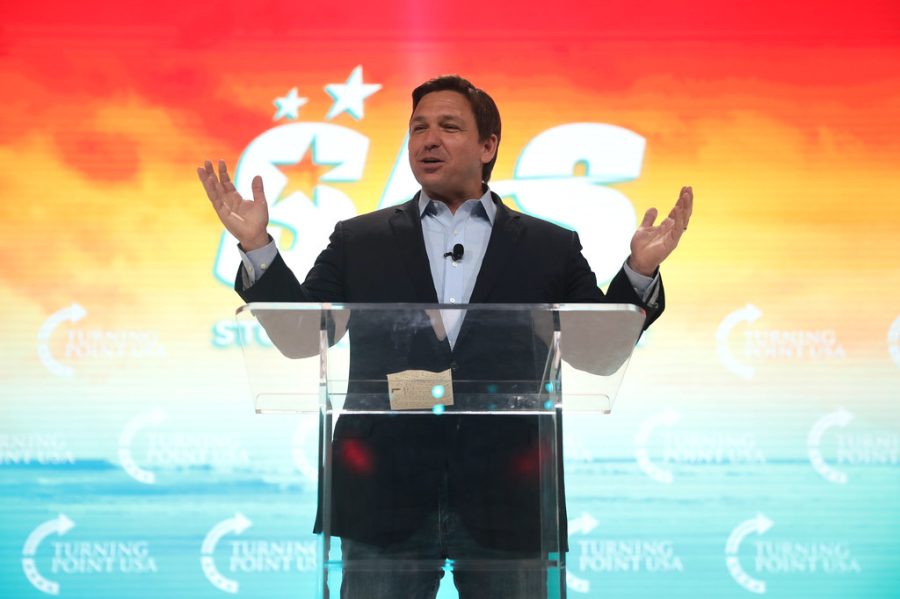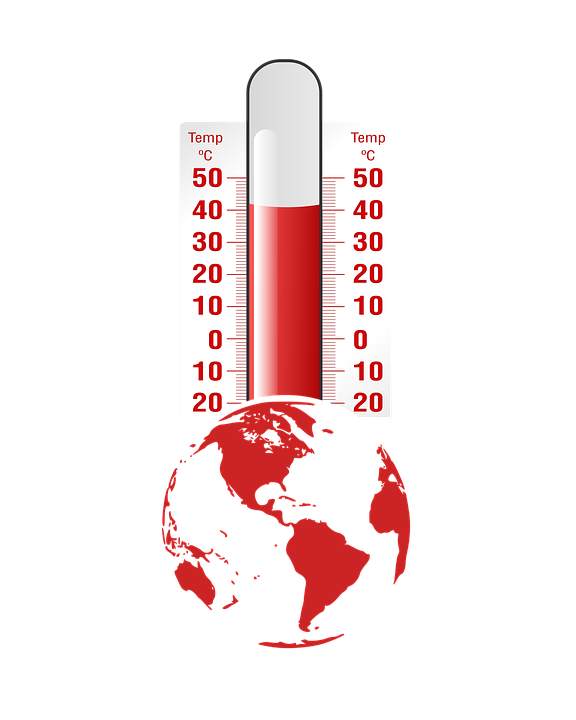Displaying his incoherent foreign policy in front of the United Nations General Assembly last week, President Donald J. Trump painted a grim viewing of the international system with his remarks. Speaking for the first time to the General Assembly, Trump avoided his trademark over-the-top rhetoric.
“Authority and authoritarian powers seek to collapse the values, the systems, and alliances that prevented conflict and tilted the world toward freedom since World War II,” said Trump to a room of representatives from foreign nations. Conversely, Trump’s statement highlighted the fact that his inconsistent foreign policy has distaste for the same values; systems and alliances that he said were under attack.
“To put it simply, we meet at a time of both immense promise and great peril. It is entirely up to us whether we lift the world to new heights, or let it fall into a valley of disrepair,” said Trump to the U.N. In order for the world to be led to new heights, Trump has to play a part.
First, it is hard to take Trump’s assessment of the threat posed by authoritarian powers seriously. Through Russia’s annexation of Crimea, its support of the Syrian regime and its interference in the 2016 U.S. Presidential Election, Russia has shown to pose the most significant threat to the international system. Yet, Trump has a documented history of praising Russian President Vladimir Putin. Trump reluctantly signed a bill that imposed further sanctions on Russia, after it was clear that Congress would have overturned a potential veto.
Additionally, Trump has continued to deny that Russia attempted to degrade American democracy though Russia played a part in influencing it through hacking and the spread of falsified information. “The Russia hoax continues, now its ads on Facebook,” Trump tweeted on Sept. 22. With the CIA, FBI, and National Security Agency concluding that Russia did meddle in the election, it is not wise for Trump to go against the conclusion of American intelligence agencies. It only adds suspicion to Robert Muller’s probe into the potential collusion of members of Trump’s presidential campaign and Russia.
Also, to call Russian interference a hoax, is to not recognize the threat that it poses domestically to the U.S. If Trump cannot recognize the domestic challenge, then he won’t be able to confront the Russian challenge abroad. Along with recognizing that Russian interference was not a hoax, President Trump must actively oppose Russia on the international stage.
Trump’s praise of authoritarian leaders has also extended to Turkey’s President Tayyip Erdogan. Not only is Erdogan responsible for the depredation of Turkish democracy, his security officials attacked peaceful demonstrators on American soil in May. During a side conversation at the U.N. General Assembly, Trump called Erdogan a “friend” and praised his leadership, according to a report by Reuters.
When Trump does take a stand against authoritarian leaders, his rhetoric does not match the agenda of his administration nor that of his key foreign policy figures. Trump’s quip about “Rocket Man” joins a list of comments that have contributed to an escalation of words between the U.S. and North Korea. His Secretary of State Rex Tillerson, Secretary of Defense James Mattis among other members of his cabinet, has repudiated most of Trump’s comments on the matter. Each of his advisors have articulated a toned-down rhetoric in the hopes of securing a diplomatic resolution to the crisis.
“I do think that on occasions we’ve had to clarify things-or show what our intent is. Because in a certain number of characters, it leads to other questions,” said Ambassador Nikki Haley in an interview with Glamour Magazine. Haley’s comments were about foreign dignitaries who often brought up Trump’s tweets on international issues in past discussions with the U.S.
When the president issues a threat, its adversaries know to tread carefully. If they do not, it implies that they will be met with appropriate force. Haley’s comments on how she had to clarify what Trump means when he tweets, he damaged America’s credibility.
Trump cannot continue to make threats toward North Korea on Twitter, because the current crisis has not arrived to the point where military action is the only option left. Though Trump might think that those tweets project power and authority, all the tweets serve to do is squander America’s power.
The course could be reversed in a rather simple manner if Trump would stop tweeting. Ambassador Haley’s work in the U.N. Security Council to help convince Russia and China to vote for a new set of sanctions is a reminder of the effectiveness of American diplomacy.
Trump would do well to rely on his cabinet members more, and listen to their input for guidance. In short, Trump must practice what he preached at the U.N., because foreign policy cannot be conducted through whimsical tweets and heated rhetoric. For in the realm of international relations, credibility matters.











